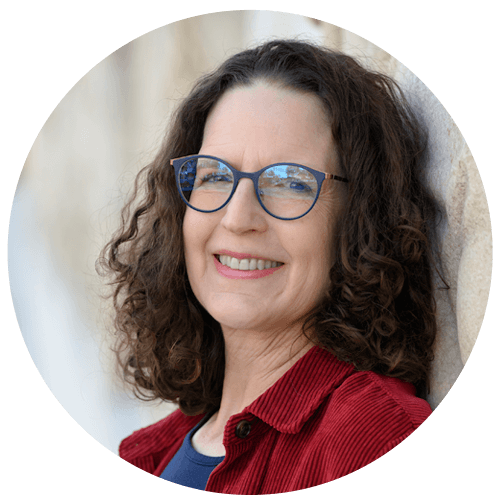I promised I’d have more thoughts on those anger-provoking VIDA stats about how men get published and reviewed more often in literary venues than women do. A lot of the commentary about the situation irritated me in a different way. It’s vital to call attention to the problem. But is hand-wringing and lamentation about how women don’t have enough confidence and talk of some kind of ur “female experience” really going to improve the situation? It’s going to take editors and publishers doing some serious soul-searching and numbers-crunching of their own–taking a hard look at what and whom they publish and why–to change those numbers.
It’s also up to us, the writers. The question, for me, came down to this: What do you do, as a writer who’s female, when confronted by evidence that the deck is stacked against you? I decided that ruthless pragmatism is the way to go. The always-inspiring Jessa Crispin gave me the chance to post over at Bookslut about it. (Thanks, Jessa.) Here’s an excerpt:
Don’t be bullied by other people’s attempts to pigeonhole you. I’m sick of thinking about my gender as much as I have since the VIDA stats came out. I am a writer. I am also a woman. Both are essential facts about me. But I don’t like the phrase “woman writer.” (Have you ever heard someone talked about as a “man writer”? No.) Save your labels. I’m a writer.
I also pointed out that the writing life comes with slings and arrows no matter who you are:
I find it perversely comforting to recognize that the writing life is a confidence-rattling, white-knuckled, cash-strapped, unpredictable ride for a whole lot of people, many of whom have XY chromosomes. Think it’s hard for a woman to get published in The New Yorker? It’s hard for almost everybody to get published in The New Yorker. It’s a lucky and/or well-connected and/or very talented few who grace those pages. Some, if not enough, are female. Maybe you’ll be one of them. Why not? It can happen. To hell with the odds. You didn’t think this was going to be easy, did you?
Weigh in below if you feel like it. Do VIDA’s numbers bother you? If you belong to a group, however defined, that you feel doesn’t get a fair shot at being heard, how does that affect you as a writer, an editor, a reader? Most important: What are you going to do about it?

